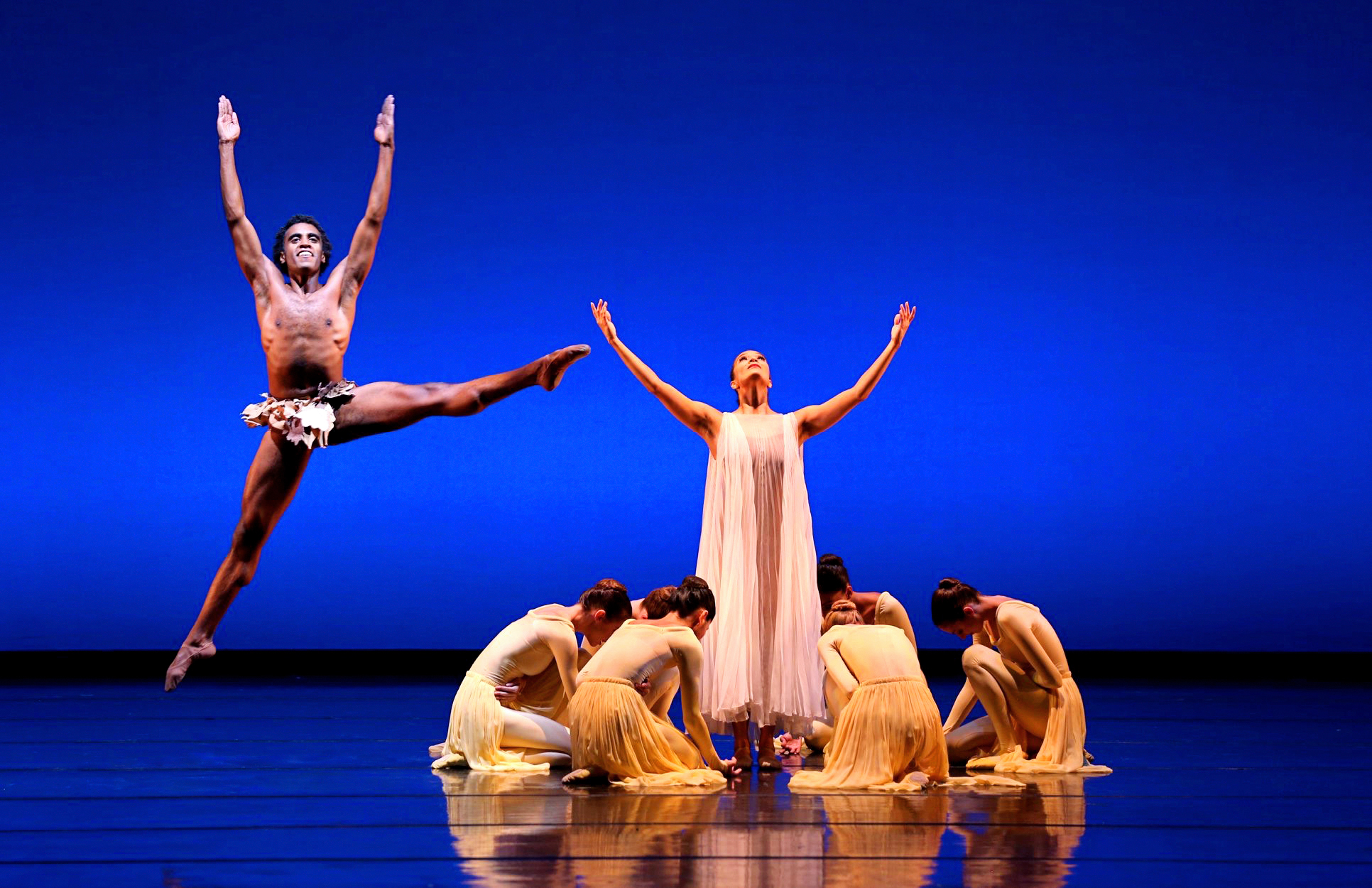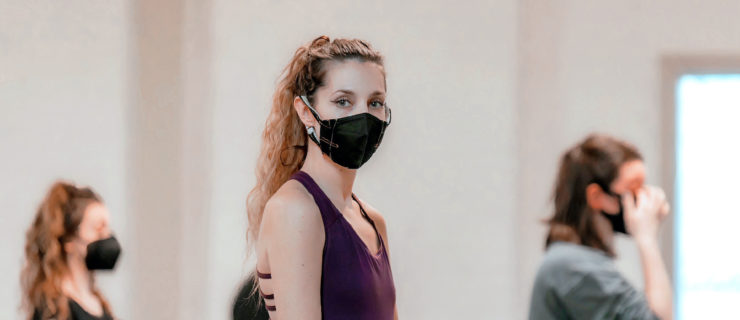How to Keep Jealousy From Taking Over Your Dance Life
To adapt the immortal lyrics of Olivia Rodrigo, “co-comparison is killing [dancers] slowly.” No surprise, when you consider what dance is: a highly competitive artform practiced in front of a mirror, shared on social media with easily compared stats, and set against the backdrop of a pandemic that’s inhibiting training and sidelining careers. Everyone (and I mean everyone) is bound to be seeing some shade of green these days.
So what can you do to cope with these hard feelings? How can you keep jealousy from threatening your relationships, your training and your mental health? On the flip side, can envy ever be embraced or leveraged to help you improve? We spoke with experts to bring you the answers to these questions and more.
Jealousy 101
Humans experience jealousy when they’re afraid of losing something they value. For dancers, that’s typically our position in dance (our relative rank in a group of dancers, our position of favor with the teacher, etc.). But jealousy can also be triggered by other kinds of loss, like when your close friend begins spending more time with that new dancer at the studio—and less time with you.
The Plus Side
According to New York–based psychologist (and former New York City Ballet dancer) Linda Hamilton, jealousy actually has some benefits. For example: Envy can be highly motivating. “If a new dancer is cast in roles you felt you should get, you might feel jealousy,” Hamilton says. “But those feelings can be the wake-up call that tells you you’re being ignored or that your career has stalled—and that you need to do something about it.” Jealousy may push you to have a conversation with your director about what they want you to work on to be prepared for those roles. You may feel inspired to find a new teacher to mentor you in your training and career. In some instances, jealousy may even lead you to audition for other companies that might be a better fit for you.
For Richmond Ballet’s Ira White, jealousy played a key role in his career. At 11 years old, not long after finding dance through the Richmond Ballet’s outreach program Minds in Motion, White auditioned for the ballet company’s Nutcracker. “There were some friends of mine at the audition who were taking ballet classes, and I could tell they had a leg up on me in terms of terminology and skill,” he says. “I was jealous of their experience, and it pushed me to want to take ballet classes and become more confident in myself as a dancer.”
From that initial trigger, White expanded his training into a variety of genres, and ultimately saw his potential for a professional career. From the school at Richmond Ballet to a trainee position to a second company contract to seven years with the main company, none of White’s career goals could have been possible without that little push from jealousy.
The Hard Truth
Of course, feelings of envy can also be destructive. According to Hamilton, if you suffer from low self-esteem or anxiety, you’re more prone to a negative experience with jealousy. “Jealousy is particularly harmful when it is uncalled for,” Hamilton says. “I have worked with extremely talented dancers who would obsess over comparison, imagine the worst-case scenario and try to address it in hurtful ways, like deciding they aren’t good enough, overworking themselves to the point of injury, or developing an eating disorder.”
When White graduated from high school and started pursuing collegiate and professional goals, he, too, experienced jealousy’s negative effects. “There was a dancer who auditioned for Juilliard at the same time that I did—he got in and I got cut,” White says. “A few years down the road, I saw that he started dancing for Hubbard Street, an opportunity I myself had really hoped for. I was jealous of his career.” Those feelings were difficult for White to cope with, and often impacted his self-esteem. Eventually, White came to realize that comparing his career trajectory to someone else’s wasn’t productive. “Everyone needs to follow their own path,” he says. “Your trajectory should be about dance itself, and what is meaningful to you. It should not be about what will impress others.”
Finding Balance
The line between positive and negative jealousy is a fine one. Here, Hamilton shares advice for making jealousy constructive.
- SEEK HELP. “If you are an anxious person, cognitive behavioral therapy might be useful,” Hamilton says. “It’s good to have someone to talk with, to differentiate between feelings from issues you can solve, or from imagining the worst-case scenario.”
- BE MINDFUL. “Stop and note when you feel jealous, without judgment,” Hamilton says. “Ask what triggered these feelings. Do they stem from anxiety? Perfectionism? Depression? That curiosity in and of itself will be very constructive. Naming things gives you cognitive control over them.”
- LET GO OF COMPARISON. “I have clients who walk into class and immediately compare how they measure up to every other dancer,” Hamilton says. “You will always find someone who can do something you can’t. Worrying about it won’t make you feel any better. Instead, go into class with goals you would like to work on each day, like musicality or phrasing. Focus on those goals, instead of on everyone else. If watching other dancers continues to trigger you, take your contacts out or look away from the mirror.”




